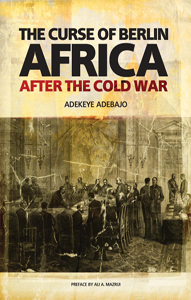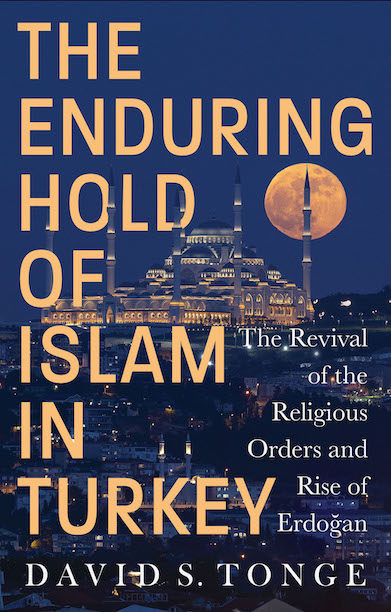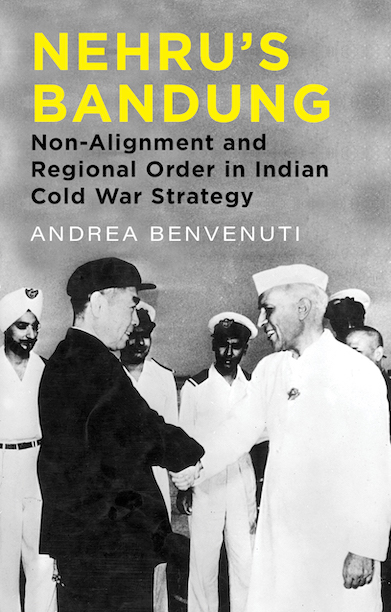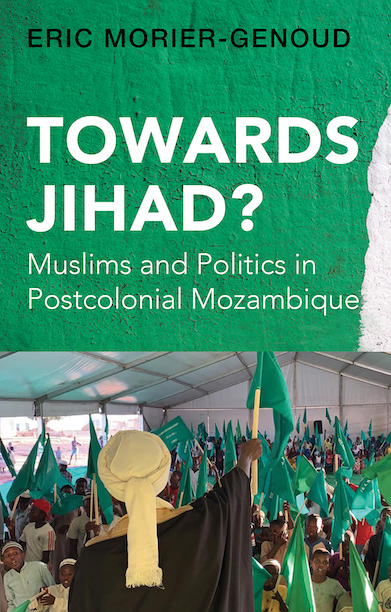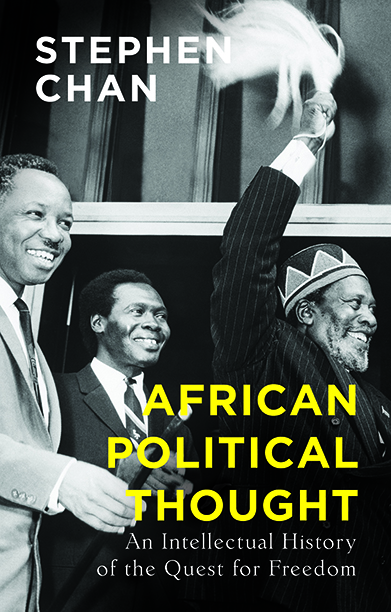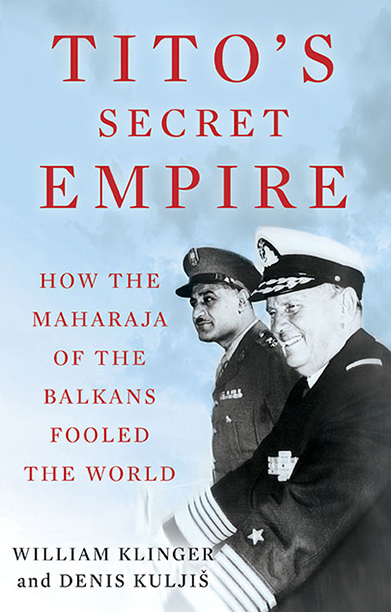The Curse of Berlin
Africa After The Cold War
‘A rich account of the main actors and institutions that shape diplomacy, security, and development in post-apartheid Africa.’ — Jerry Lavery, Comparative Political Studies
Description
At the 1884-1885 Conference of Berlin a cartel of largely European states effectively set the rules for the partition of Africa, an event whose historical and structural importance continues to affect and shape Africa’s contemporary international relations. This ‘Curse’ is a recurring theme in Adebajo’s trenchant historical analysis, even though its main focus is on contemporary African issues after the Cold War. The first part of the book examines Africa’s quest for security with three essays on Africa’s security institutions such as the African Union and sub-regional bodies; another on the political, peacekeeping, and socio-economic roles of the United Nations (UN) in Africa; and a third on Africa’s two UN Secretaries-General between 1992 and 2006: Egypt’s Boutros Boutros-Ghali and Ghana’s Kofi Annan. The second section of the book focuses on Africa’s quest for leadership, and five chapters examine the hegemonic roles of South Africa, Nigeria, the United States, China and France on the continent. The five chapters in the final section of the study analyse Africa’s quest for unity, and examine the roles and significance for Africa of six historical figures: Mandela, Mbeki, Kwame Cecil Rhodes, Obama, and Gandhi; as well as assessing the African Union and the EU in comparative perspective.
Reviews
‘This book is not only a fitting salutation to Ali Mazrui and an acknowledgement and celebration of the great Mzee’s contribution, but in a major way, it defines a new paradigmatic frontier in our understanding of Africa’s international relations by an African scholar who is as passionate as he is meticulous about his subject.’ –– Africa Review of Books
‘Adebajo is one of the brightest of his generation of Africanists and these chapters not only display deep knowledge of the continent and its contem- porary political problems but, unlike so much academic writing, are written with considerable flair and enthusiasm. apart from its other merits the book is a very good read’. –– Professor James Mayall, Cambridge University
‘Overall, this volume provides a fascinating insight into contemporary issues affecting African international relations, and the security–hegemony–unity framework used has the potential to become a powerful tool for analysis.’ — Millennium
‘A good read – especially for those seeking an understanding of historical and contemporary African issues.’ — Tendayi Sithole, Politeia
‘…concise and entertaining…’ — Christopher McMichael, New Agenda
‘This wide-ranging volume is about more than a continent. It is about global Africa. A powerful book that tries to explain the wider story of global Africa’s struggles against enslavement, colonialism, and apartheid, and the search of a post-racial human condition.’ — Ali A. Mazrui, State University of New York
‘This book is an intellectually and morally courageous analysis of Africa’s place in the world, a tracing of its traumatic history, but not to bemoan it-to understand where Africa has come from, to appreciate where it is at present, and to shed light on where it is headed.’ — Francis M. Deng, UN Special Advisor on the Prevention of Genocide
‘A deeply informed, insightful, at times brilliant book.’ — Padraig Carmody, Journal of Modern African Studies
‘This superbly written and ambitiously conceived work takes us through the last two decades of Africa’s international relations with critical acumen and an unusual eye for the big historical picture and the telling detail. This eloquent study is full of relevance for understanding the continent’s current predicament.’ — Ricardo Soares de Oliveira, Oxford University
‘Readers of Voluntas should embrace this book because it articulately illuminates the context of development in which civil society intervenes and in which they should be knowledgeable, if their interventions and debates are to remain relevant.’ – Julius Omona, Voluntas
Author(s)
A former Rhodes scholar at Oxford University, Adekeye Adebajo is Executive Director of the Centre for Conflict Resolution (CCR) in Cape Town, South Africa. He is the author of, inter alia, The Curse of Berlin: Africa After the Cold War (Hurst, 2010); and UN Peacekeeping in Africa (2011).
